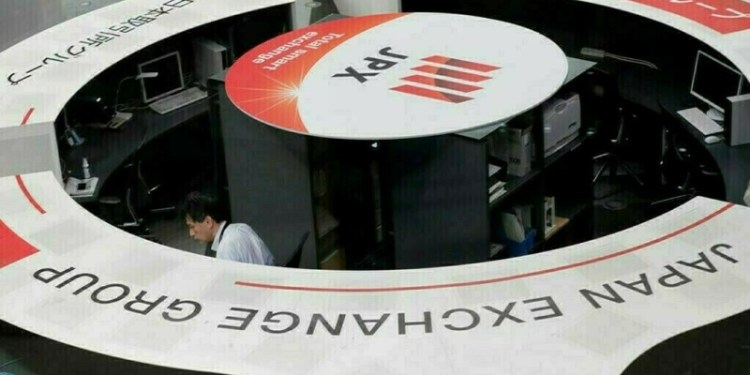TOKYO: Japanese stocks and the yen are expected to fall while longer-dated domestic government bond yields are seen rising as exit polls suggest Prime Minister Shigeru Ishiba’s coalition is set to lose its parliamentary majority in Sunday’s election.
The long-ruling LDP and its junior coalition partner Komeito – or potentially even another grouping – could be forced into power-sharing agreements with other parties to form a government, the polls suggested.
The prospect of the scandal-plagued LDP losing its standalone majority put Japan’s financial markets on edge leading up to the election. Fears heightened as opinion surveys in the run-up to the vote indicated the coalition itself might lose its majority.
“The political uncertainty from the election outcome may negatively affect investors’ sentiment, putting pressure on the markets in the near term,” said Samuel Hoang, a portfolio manager for Japan funds at Eastspring Investments in Singapore.
Japan votes with new PM on shaky ground
A minority coalition in particular would draw market attention to the policy stance of opposition parties that could become potential partners, many of which favour low interest rates. Markets could also price in more aggressive government spending.
“If they want to show good teamwork, they need to spend more,” said Shoki Omori, chief Japan desk strategist at Mizuho Securities. “Fiscal policy is going to come first – that’s where the focus is going to be, and I think it’s going to need to be a big one.”
Ishiba, in office just a month, had set his sights on the coalition keeping the 233 seats needed for a majority in the lower house, down from the commanding majority of the LDP’s 247 seats plus Komeito’s 32.
Coalition losses could reduce the chance the next government will implement “more challenging agenda items such as hiking the corporate tax rate”, analysts at Morgan Stanley said in a note.
That political uncertainty pushed the benchmark Nikkei share average down 2.7% last week, and selling is likely to continue for the time being. Longer-dated Japanese government bond yields climbed on worries of a bigger government fiscal deficit.
The yen, already pressured by rising U.S. Treasury yields, fell last week to the 152-per-dollar level for the first time in three months.
Analysts at BNY expect the dollar could potentially rise to 155 yen again, as the Bank of Japan downplays the immediate need for a rate increase and the Japanese election risks stoke additional political instability.
“Dollar-yen is pretty much dependent on U.S. data. I think the yen might be sold off tomorrow, because the election result might be seen as in line with expectations,” Mizuho’s Omori said. “There will be relief that the event is done.”
Japan’s general election comes nine days before votes are counted in the closely contested U.S. presidential race, with investors weighing the possibility of a bullish dollar and higher yields in the event of another Donald Trump presidency and Republican sweep of the Senate and House of Representatives.

Source: Brecorder






















